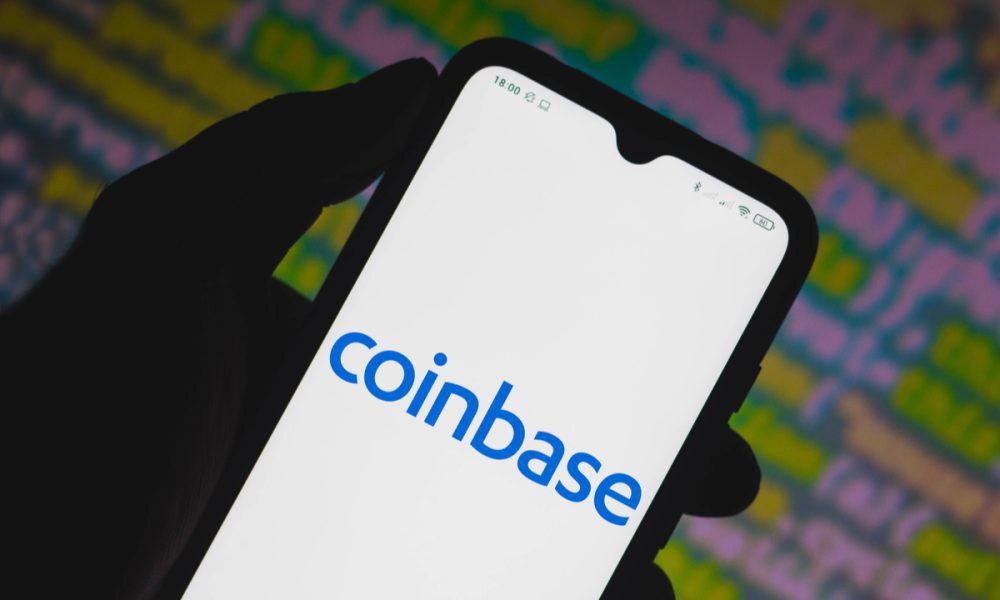on the crypto

Like many cryptocurrency platforms, Coinbase offers a custody wallet service. This allows users to leave their digital assets in the exchange rather than moving them to an external cryptocurrency wallet. However, according to Coinbase's documentation, if the company goes bankrupt these assets could be subject to bankruptcy proceedings.
"Since cryptocurrency assets held in custody can be considered the property of a bankrupt estate, in the event of bankruptcy, the cryptocurrency assets we hold in custody on behalf of our clients may be subject to bankruptcy proceedings and such clients may be treated as our general unsecured creditors ”.
This would mean that Coinbase customers would have to line up behind other creditors to recover their cryptocurrency assets, i.e. the funds they have deposited on the platform. Conversely, money deposited with a bank is protected by FDIC insurance up to $ 250.000 per eligible account.
Custodial and non-custodial wallets
In the world of cryptocurrencies, there is a lot of discussion about wallets with or without custody. A custody portfolio means that assets remain on a centralized platform. The investor does not check the private keys of his cryptocurrencies, such as the PIN of a bank account. If the platform is hacked or for some reason closes operations in your country, your cryptocurrency could be at risk.
By moving your funds to a non-custodian wallet, you will have total control of your assets. It means there is no risk of losing your funds if a cryptocurrency platform is hacked or collapsed. It also means that your cryptocurrencies are not tied to the bankruptcy proceedings of a centralized cryptocurrency company. Earlier this year, Kraken CEO Jesse Powell advised users to move their funds from centralized exchanges, but for different reasons. He was concerned that law enforcement might force cryptocurrency exchanges to freeze some accounts.
It is worth noting that Coinbase has its own non-custodial wallet called Coinbase Wallet, which would not be affected by any bankruptcy proceedings. There are several types of unsecured cryptocurrency wallets, each with their own pros and cons. Broadly speaking, they are divided into hot wallets, which are connected to the Internet, and cold wallets, which are kept offline. Cold wallets are safer and are often physical hardware devices that can be purchased for as low as $ 50. Hot wallets are devices such as MetaMask, which are installed on the browser, or a mobile wallet which is installed on the mobile phone.
Become your own bank ...
However, some Investors they prefer deposit wallets because they don't want to have the responsibility of protecting and managing their cryptocurrencies. Becoming your own bank is not as simple as it may seem. When moving your digital assets to an external cryptocurrency wallet, there is no convenient “forget your password” button like in a centralized exchange. If you forget your master password or planting phrase, or lose access to your wallet in another way, you may not be able to recover your cryptocurrencies. Indeed, billions of dollars worth of Bitcoin (BTC) are locked in inaccessible cryptocurrency wallets.
In conclusion
Ultimately, the best way to protect yourself is to move funds to an external cryptocurrency wallet. However, this solution is not suitable for all investors. If you are unsure whether to keep your password and initial phrase safe, at least make sure you understand and trust the custodial services you are using.
